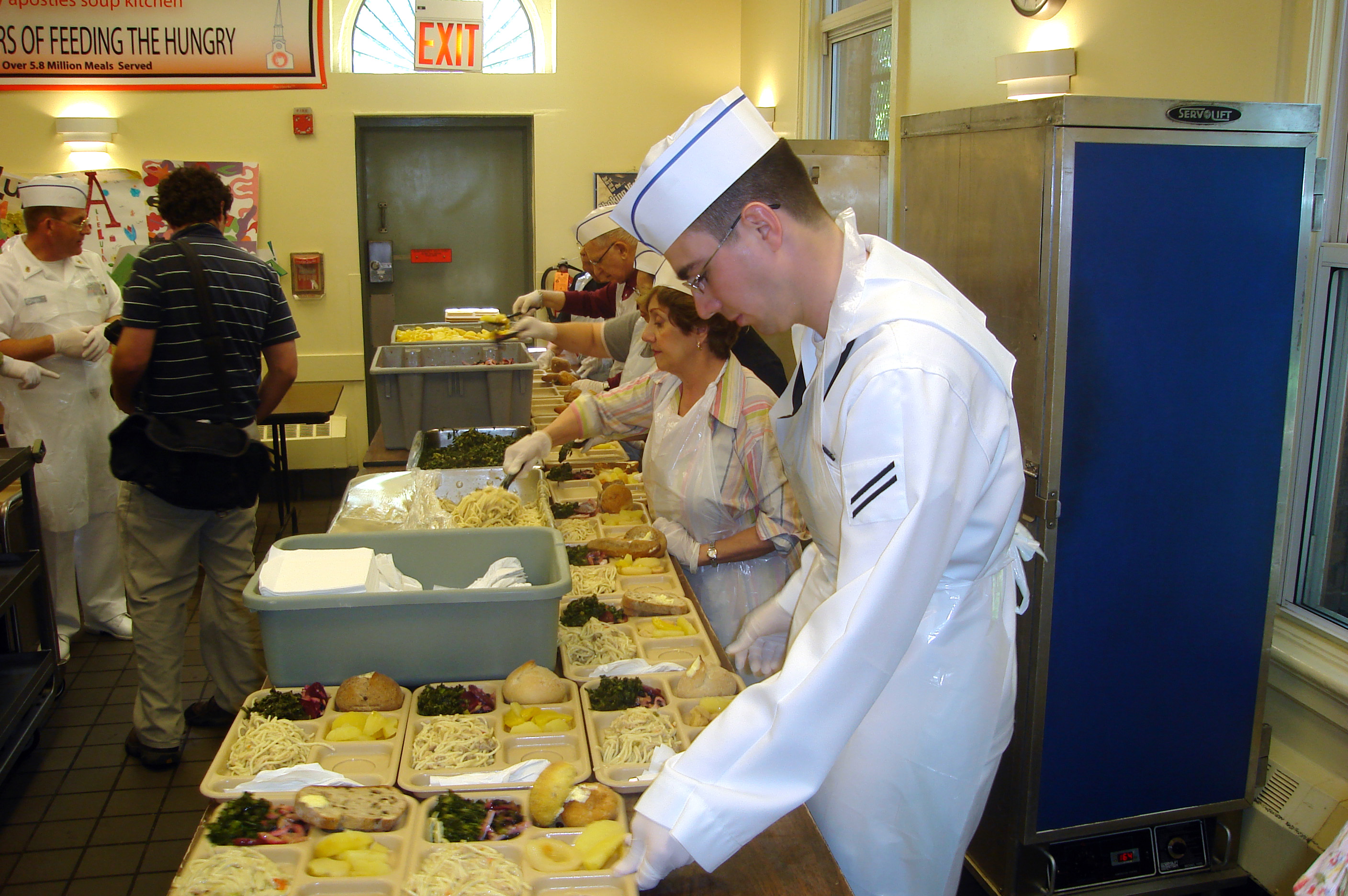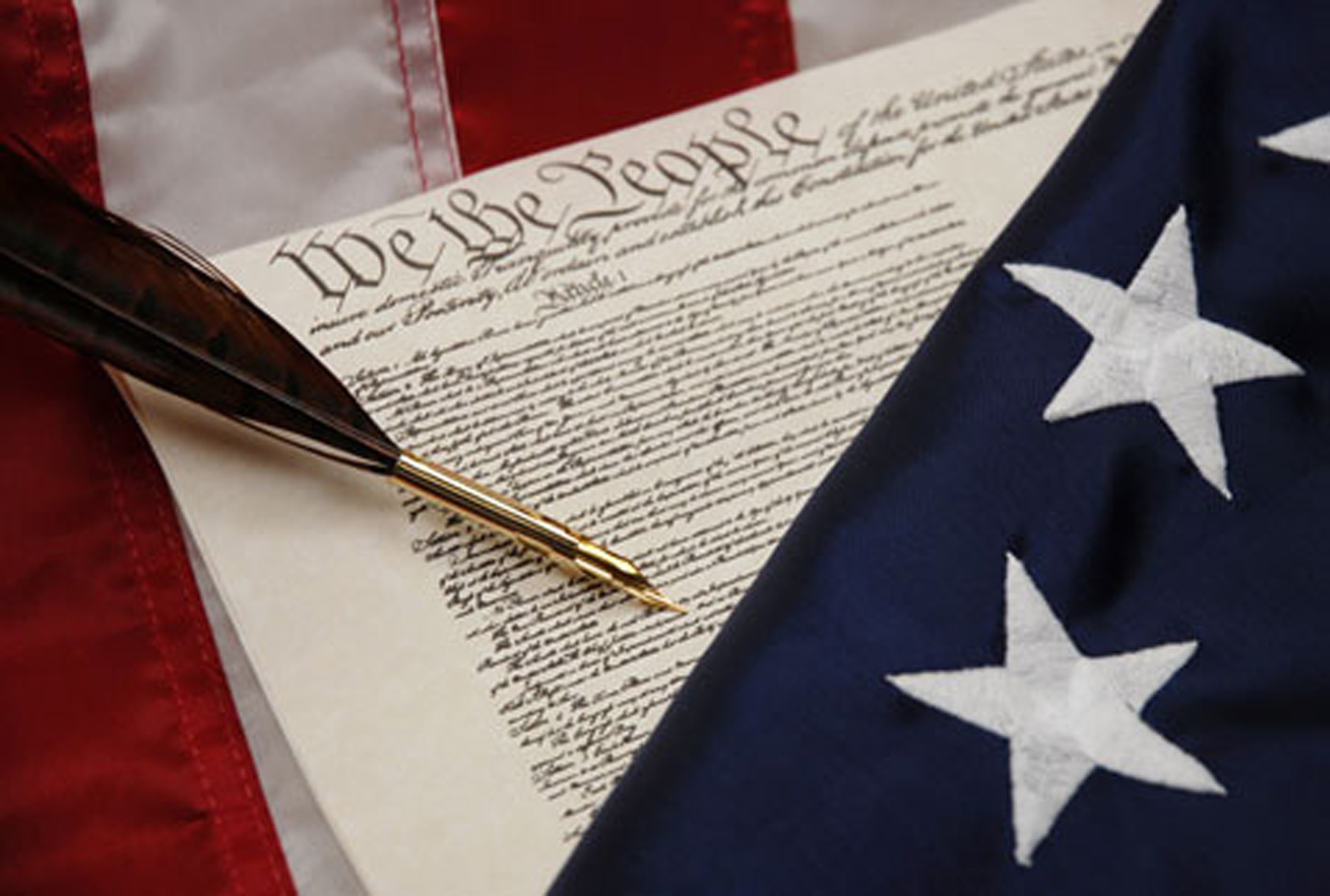Essay: Voluntarism and Public Servants
Americans celebrate volunteers and public servants, intuitively recognizing that there is something of great value in helping your community. But often we have arrived at distorted understandings of voluntarism and public service: definitions that emphasize trivial engagement and exclude important forms of public service. Exploring the benefits of service, the rules and norms that support and promote it, and the virtues that volunteers display will provide us will a more accurate understanding of what it means to serve.
Volunteering is good for society. When a disaster strikes a community and citizens step forward to care for and comfort those who have been harmed, the benefits are immediately apparent. But the benefits go deeper and are longer lasting than just providing immediate relief to the suffering.
Volunteering promotes habits and virtues in the volunteers themselves that have lasting effects on them and on their communities.
In Democracy in America, Alexis de Tocqueville argued that a free society depended on an engaged citizenry. But engagement requires more than just occasionally voting in local, state, and national elections. Instead, Tocqueville wrote that citizens needed to develop the art of association. During his travels in America he was astonished at how readily Americans were willing to form organizations. (Alexis de Tocqueville, Democracy in America, 1835). This habit of creating civic and private associations has the effect of turning private individuals into citizens. Working with others draws individuals out of their private lives and teaches them skills necessary for self-government. Today social scientists call this “social capital,” which roughly defined is the ability of citizens to solve problems without government assistance. Developing social capital teaches individuals and groups to work together, build bases of power, and recruit others to their cause. These civic associations also teach individuals how to be leaders. They elect officers who make decisions, form committees that set policy, and deliberate about the future of the organization. These are all skills that transfer to political and personal life. Civic associations also instill a sense of dignity and power in their members.
Instead of seeing themselves as isolated and vulnerable, they begin to recognize that they have the power to create change and to control circumstances.

Working together to accomplish shared goals brings a sense of satisfaction. Being part of an association also instills a sense of pride in individuals.
When individuals are elected to an office, no matter how small, in organization it shows that it shows that their fellow citizens trust them with responsibility. One of the great dangers of a democracy is that individuals will feel powerless and succumb to a sense of fatalism. But that fatalism only makes individuals less involved and feel even more powerless and thus less willing to get involved.
Since volunteering brings important benefits to individuals and communities, it is worth considering what can be done to promote it. Tocqueville believed that the primary method is to decentralize power as much as possible. If the national government makes all the important decisions, there is little incentive for individuals to participate and volunteer. But when decisions are left to local communities, individuals can see that they can make a difference. That has the effect of pulling them out of their private lives and combatting the temptations of fatalism. As one person among hundreds of millions, citizens recognize that they can at most have a limited effect on national government, but at the local level their voice matters. But it will only matter if local communities matter. Tocqueville applauded America’s federal system precisely because it reaffirmed the importance of lower levels of government. Local governments serve as a kind of primary school for democracy where individuals first learn the art of citizenship.

Strong local governments also encourage strong civic associations. When decisions can be made at the local level individuals have an incentive to form voluntary associations to solve the problems closest to them.
If solving the problem required a permit from Washington, few would ever create civic associations. It follows, then, that democracies should remove obstacles to forming voluntary associations. Of course, the First Amendment provides support for this since it guarantees the freedom to assemble and the Supreme Court has ruled that freedom of speech also guarantees a right to expressive association, or the right to associate with groups that share our opinions. But it behooves America to encourage voluntary associations through other mechanisms. For instance, the tax code can be used to promote or inhibit their creation. Providing tax benefits for donations to nonprofits encourages them while denying tax-exempt status to nonprofits impedes their formation. There should also be a general predisposition by Americans to accept the legitimacy of these associations even when they support positions that they individually oppose. This can be a difficult attitude to encourage.
Just as we are inclined to support free speech for those we agree with but oppose freedom of speech for those we disagree with, the same can occur with the right to association.
This analysis should make it apparent that public servants are not just those who hold public office. A wide range of people can be categorized as public servants. In fact, it is even broader than the discussion indicates. One class of people that often are not categorized as public servants but nevertheless provide services that benefit all of us are those who engage in private enterprise, particularly entrepreneurs who take on great risk with no guarantee of reward. The risks that they take serve the public in several important respects. Obviously generating ideas that lead to economic growth and prosperity benefits all of us. Entrepreneurial thinking often reveals new and more efficient ways to use natural resources. One of the extraordinary results of a free economy is that the price of natural resources tends to decline over time rather than increase. One would think that the price should go up because as more of the resource is consumed less of the resource is available, but in a free economy there is always an incentive to think more efficient ways to use resources because doing so saves money and generates profit. Thus, the counterintuitive but nevertheless true conclusion is that those engaged in private enterprise often increase the stock of resources available by creating better ways of using it.
Most importantly private enterprise provides employment for citizens which in turn breeds a sense of self-reliance. If individuals are to be free, they must be able to provide for themselves. In fact, these complement each other because providing for yourself reinforces a sense of independence, dignity, and freedom. That does not mean that assistance for those who have fallen on hardship can never be justified. However, for individuals to feel secure enough to exercise their rights and assert themselves when government violates those rights, they cannot be completely dependent on government for their economic well-being. Tocqueville showed that such dependence entices citizens to vote away their freedom for physical security, which reduces them to mere subjects or wards of the state. Once that freedom is forfeited, it is difficult, perhaps impossible, to reclaim.
It is also important to remember that not everyone holding public office is truly a public servant. While the Framers of the Constitution hoped that individuals of merit and virtue would seek and gain office, they recognized that human nature was not so accommodating and prudence dictated taking “auxiliary precautions.” James Madison said in Federalist No. 10 that “enlightened statesmen will not always be at the helm” (James Madison, Federalist No. 10, 1787). In fact, the Constitution is designed with the assumption that individuals will seek to advance their private ambitions through public office. The system of separation of powers and checks and balances is there, as Madison said in Federalist No. 51, so that, ambition can counteract ambition (James Madison, Federalist No. 51, 1788). While we should not encourage excessive cynicism, citizens should not uncritically accept claims of selfless public service since those very claims of self-sacrifice can be used to further private interests. The genius of the American Constitution and its elaborate system of restraints on power is that it forces those with private interests to consider the public good. That is elected officials become public servants in spite of themselves.
As Madison explains at the end of Federalist No. 51, that the Constitution is constructed so that “a coalition of a majority of the whole society could seldom take place on any other principles than those of justice and the general good” (James Madison, Federalist No. 51, 1788).
